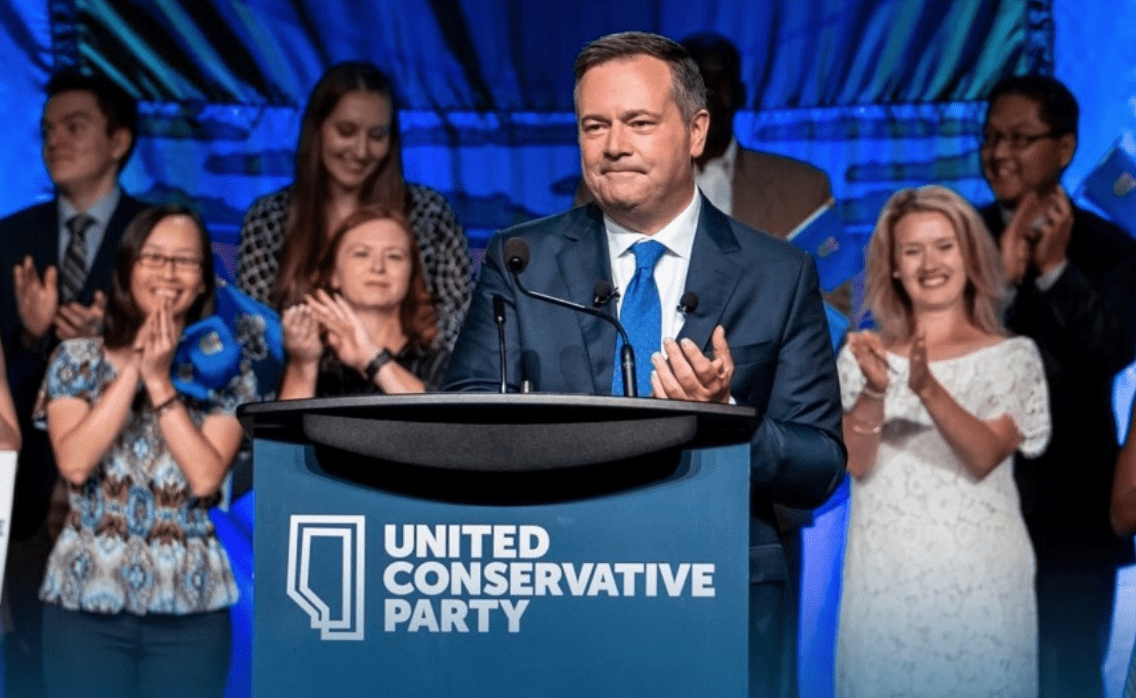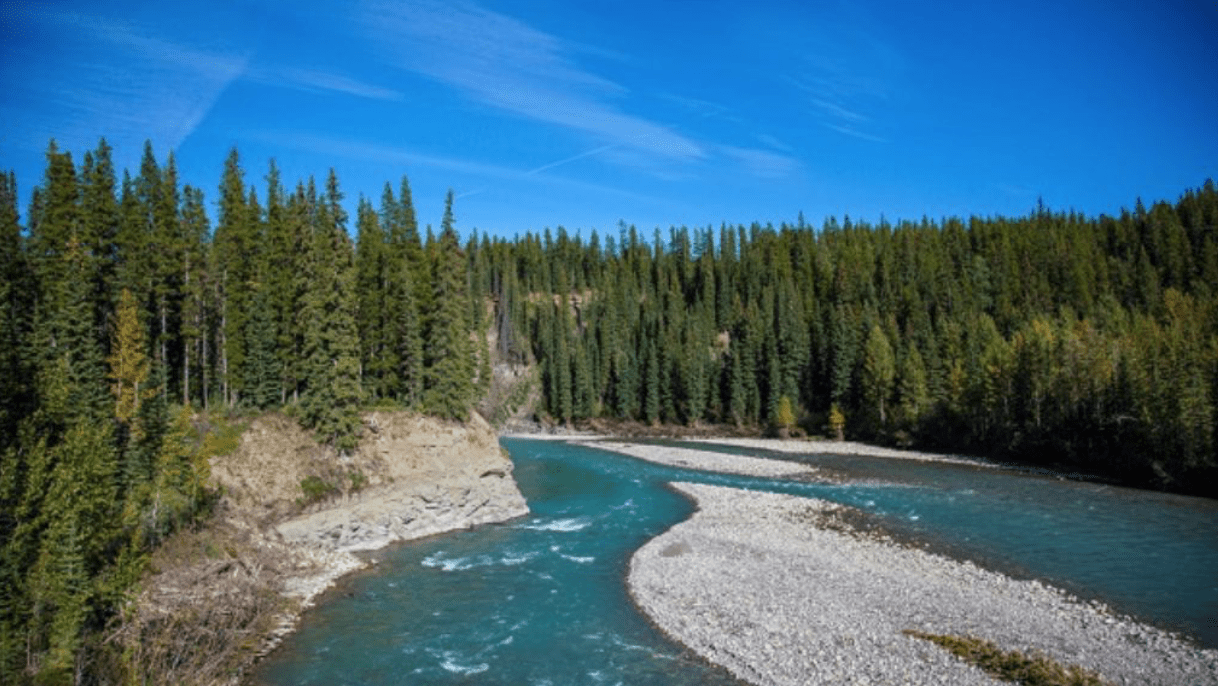In the wake of the Alberta election, premier-designate Jason Kenney appeared behind a lectern that had a familiar phrase on the front "Open for business." It's a refrain that those of us in Ontario are familiar with, given that our own premier, Doug Ford, has made it his slogan since his own election campaign, and part of his attempt to rebrand the province in the time since, removing the "Yours to Discover" from road signs at provincial borders and was rumoured to want to put this on licence plates before he was convinced that it was a bad idea. Nevertheless, it trades on a certain mythology about how a certain class of politician thinks that business operates, without actually talking to any of those businesses.
If you actually talk to members of the business community (as opposed to some of their lobby groups), a few things become clear that they are generally looking for certainty, and for policy that they can plan around. This is not what Ford delivered in Ontario when he cancelled a number of green energy contracts and more to the point, legislated immunity for the government from litigation so that these companies who spent the money to fulfil these contracts could not recoup their lost investment. This is the opposite of certainty, and it created an investment environment that is a high-risk one that is actually hostile to attracting new businesses not that Ford cared.
I have strong suspicions that we're about to see a repeat performance of that same show in Alberta, as Kenney has promised to scrap the province's carbon tax which the majority of the oil and gas industry was in favour of and would rather have the federal carbon price backstop imposed upon them so that they can challenge it in court (and in all likelihood lose), in the hopes that Andrew Scheer's federal Conservatives will win in October and repeal that federal price something that will only create uncertainty for an industry already doing poorly. Add to that, Kenney has promised to go to war with CEOs who disagree with him, particularly on carbon taxes, which again, makes no sense if his goal is to attract business. As well, the cancellation of the current green plan in Alberta would likely mean cancelling the investments that its proceeds were funding, and you can imagine that Kenney would also try to insulate his government from the ensuing litigation as Ford has again, creating a disincentive to invest.
And yet, the rhetoric has been focused around lowering corporate taxes, which Rachel Notley's NDP government raised by two percentage points as the province was heading into a recession caused by a collapse in world oil prices. This is something that many business lobby groups will always demand, but some of the more credible ones are asking instead for tax simplification. And sure, there is an economic case to be made that cutting corporate taxes could create jobs, but I hear more often that policy predictability is the bigger concern, and I don't see that coming from Kenney.
One particular case in point was how weirdly specific policy ideas started appearing in the party's platform documents mid-campaign items that had not been there in the initial release of the document. Any changes were supposed to be limited to typos or grammatical clarification, but out of the blue, reclassifying service rigs, doing away with rural road permits, and extending equipment certification periods were all added after the fact, and it was done with a shrug of "we said there was more to come," without any particular discussion. Kenney's positions like Ford's have changed depending on who has his ear at the particular moment, and this sudden new policy adoption is indicative of that, which seems unlikely to engender a level of trust that there will be the kind of predictability that investors look for.
The other aspect of "open for business" that Kenney is pushing that we should be aware of is that it's a certain kind of business that he's open to, but there are a number of other economic ventures in the province that have been looking for support to grow and expand, but they can't seem to get the attention of a government NDP or conservative that is obsessed with trying to recapture the glory years of the oil booms. To a certain extent, it's a behaviour that echoes the "chasing the dragon" phenomenon of opioid addicts who keep trying to replicate their first high, but they never can. And given the changing global energy market that came along with the shale revolution, it seems unlikely that Alberta will ever see another boom like it was used to. And as much as the bumper stickers would read "Please God, give us another oil boom and we promise not to piss it away this time," they always did, and that is unlikely to change, particularly given that Kenney's apparent single-minded focus is about trying to recapture that status-quo rather than moving toward a future with a more diverse economy.
There are other structural problems that Kenney doesn't seem to want to face either, such as the cohort of under-educated men who have come to expect high incomes in the oil patch, which is going to become more acute as the economic high of the boom doesn't return. Kenney scoffed over social media when this was flagged, trying to dismiss it as coming from elitists rather than real people, but as the economy changes, this cohort will be less able to adapt. In fact, when one economist pointed out that the province's economic recovery had worked out well for women, who were seeing more employment in the years since the last oil crash, there was crickets in response. This is something that should concern everyone an angry population of undereducated men who are used to wielding outsized economic influence is something that will breed hard-right populism if history is any guide. Kenney's decision to stoke that anger for his own ends will be a problem he has to deal with sooner than later, and ignoring the structural problems will only make it worse. But right now, the focus remains on chasing the dragon, and it will have consequences.
Photo Credit: CBC News











